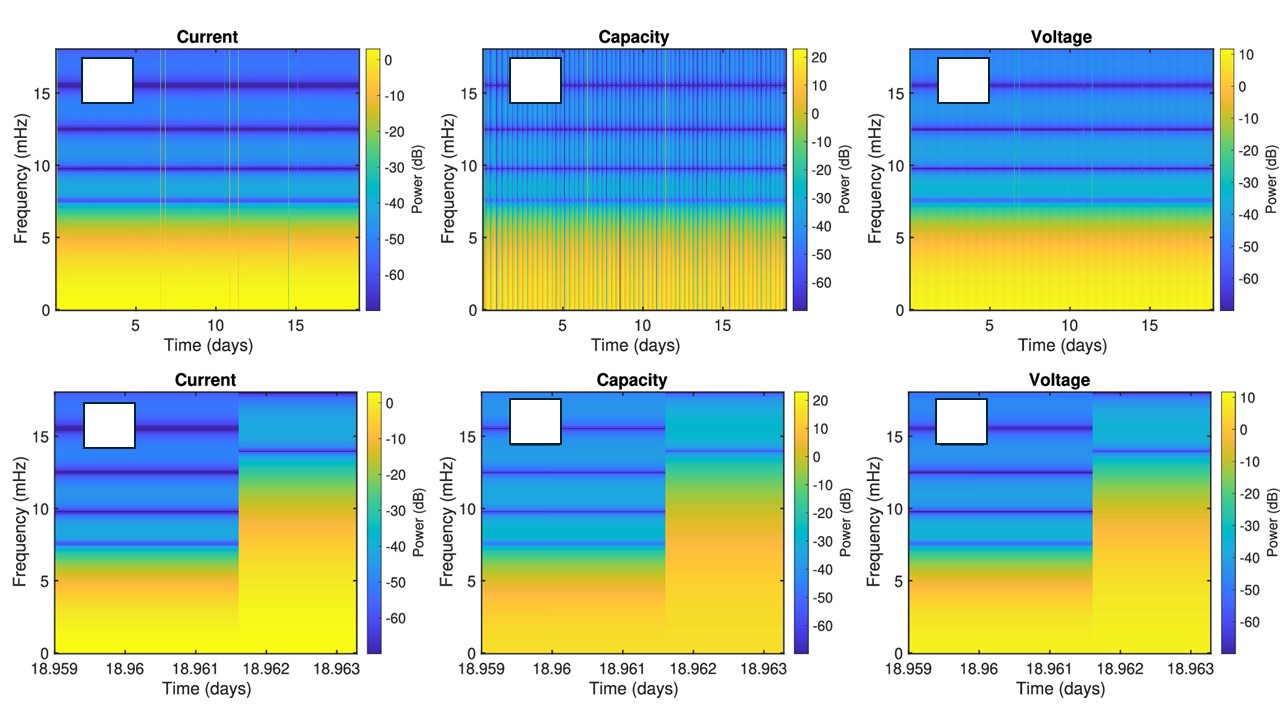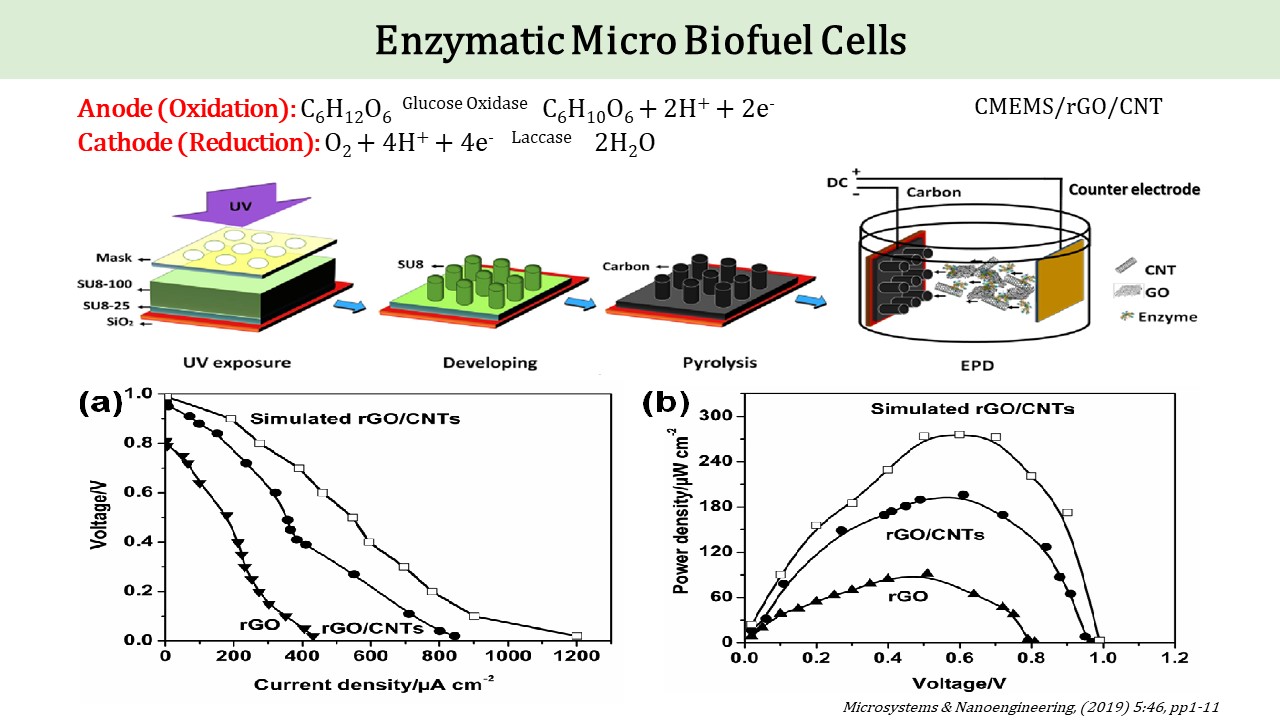
Recently, we have utilized the short-time Fourier transform to analyze the charge/discharge signals of lithium-sulfur batteries, displaying the evolution of signal frequency content over the battery's lifespan through spectrograms, which aids in identifying key changes leading to battery degradation and potential failure. Furthermore, the dynamic response stability of the red phosphorus and sulfide polyacrylonitrile (RP-SPAN) composite anode material was also studied using Fourier transform analysis, employing various analytical methods to assess the battery's behavior in both frequency and time domains. The research found that the battery system exhibits a high degree of nonlinearity and time variability at low frequencies, with an average capacity loss of 0.21% per cycle. This study demonstrates that the short-time Fourier transform is a powerful tool for analyzing battery health. Moving forward, we will focus on optimizing the health and reliability of batteries through machine learning, closely monitoring the forefront of algorithmic developments, and applying their achievements to the field of batteries.

Our team is dedicated to the research of micro enzymatic biofuel cells (EBFCs), exploring new approaches that integrate modern nanotechnology with microelectromechanical systems (C-MEMS) to drive innovation in energy conversion technologies. We focus on optimizing electrode materials and structures to enhance the overall efficiency and application potential of the batteries. Through interdisciplinary collaboration, we have conducted in-depth studies on the stability of biocatalysts and the mechanisms of electron transfer, and how they affect the performance of EBFCs in real-world conditions. We aspire to provide more reliable power solutions for areas such as implantable medical devices through our relentless efforts.





